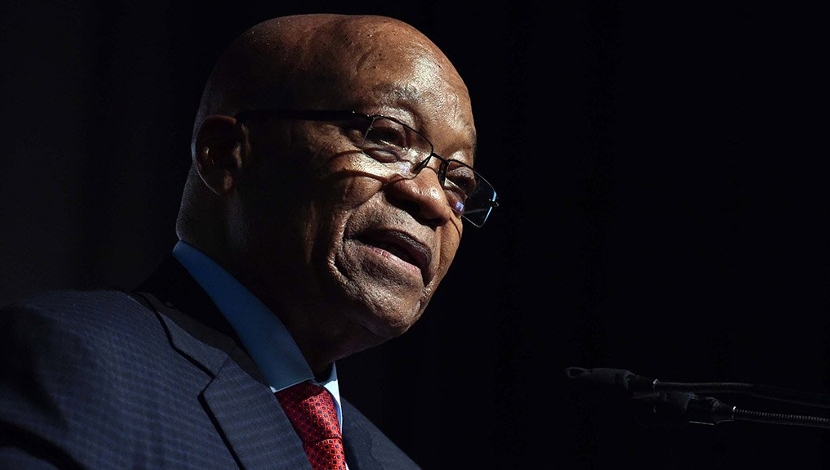
South African businesses are largely pessimistic about the outlook of the domestic economy over the coming 12 months, Grant Thornton’s latest International Business Report (IBR) reveals.
While local business executives were 16% more optimistic about prospects in the fourth quarter of 2015 than they were during the third quarter, business optimism stood at -24%.
“A multitude of macro- and microeconomic factors are directly affecting business executives’ sentiment. These issues range from geopolitical instability and economic volatility of China, to South Africa’s own labour concerns, energy issues, the disastrous collapse of the rand and a dramatic decline in confidence in the leadership of the country,” noted Grant Thornton South Africa chairperson Deepak Nagar.
Fifty-nine per cent of South African business executives said rising energy costs were the greatest constraint to progress, 55% expressed concern regarding economic uncertainty and 51% stated exchange rate fluctuations as a key constraint.
Further, 45% of businesses cited overregulation and red tape as the fourth-greatest constraint to business expansion, while an insufficiently skilled workforce was constraining 22% of business executives’ growth plans.
Seventy-three per cent of business executives said their companies had been negatively impacted by poor government service delivery and 90% cited utilities as the key government service delivery issue affecting their businesses. Executives also cited strikes by government employees as a significant challenge, with 71% blaming this issue.
Business optimism globally stood at 36%, down marginally from the third quarter and just above the 35% recorded in the fourth quarter of 2014. Meanwhile, optimism among US businesses fell from 74% to 50% in the fourth quarter, the biggest fall of any of the 36 countries surveyed for the IBR.





